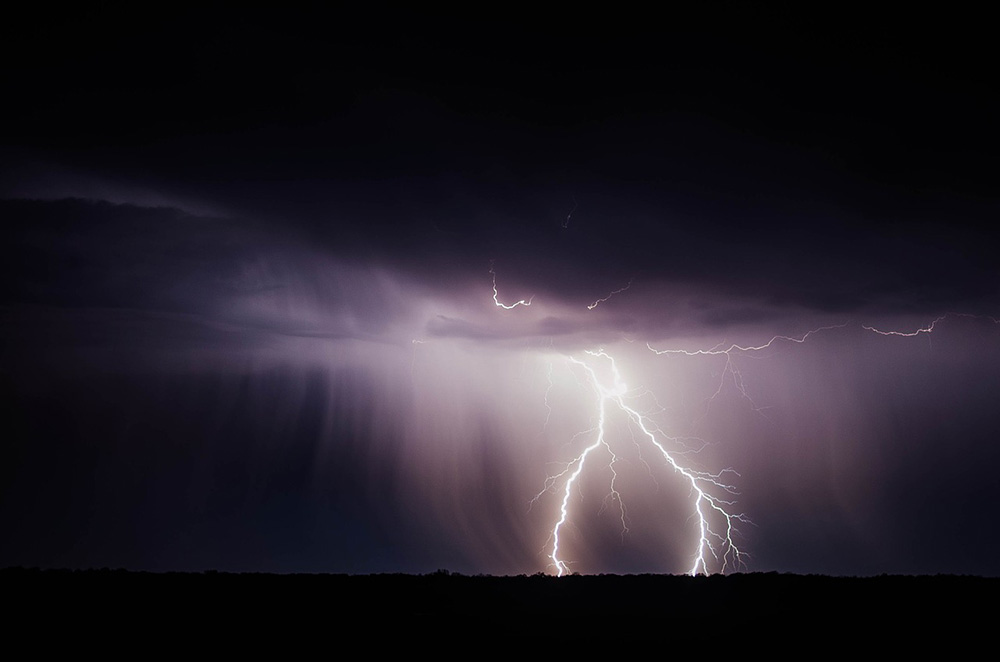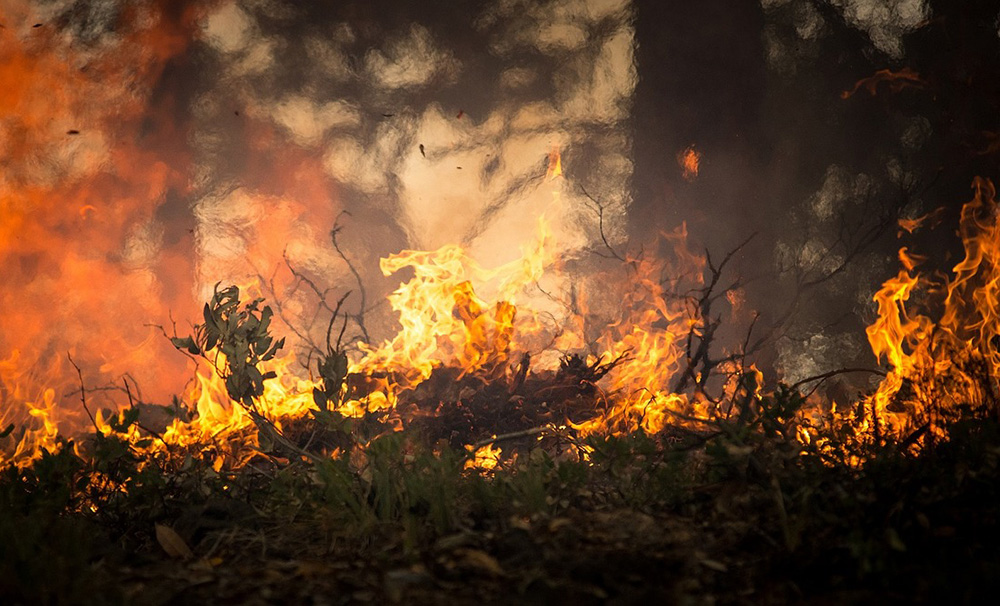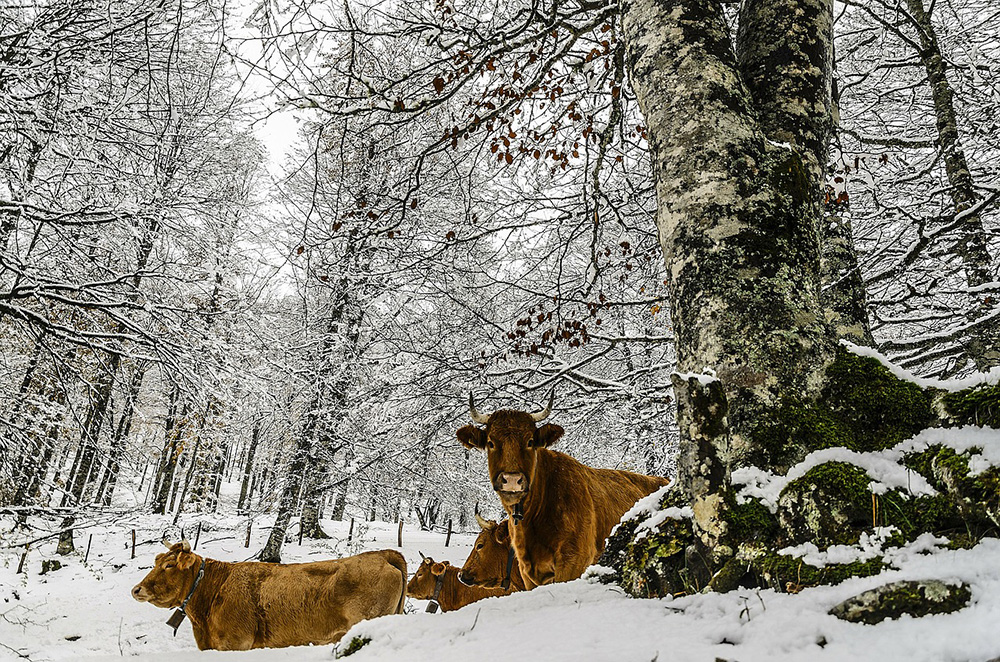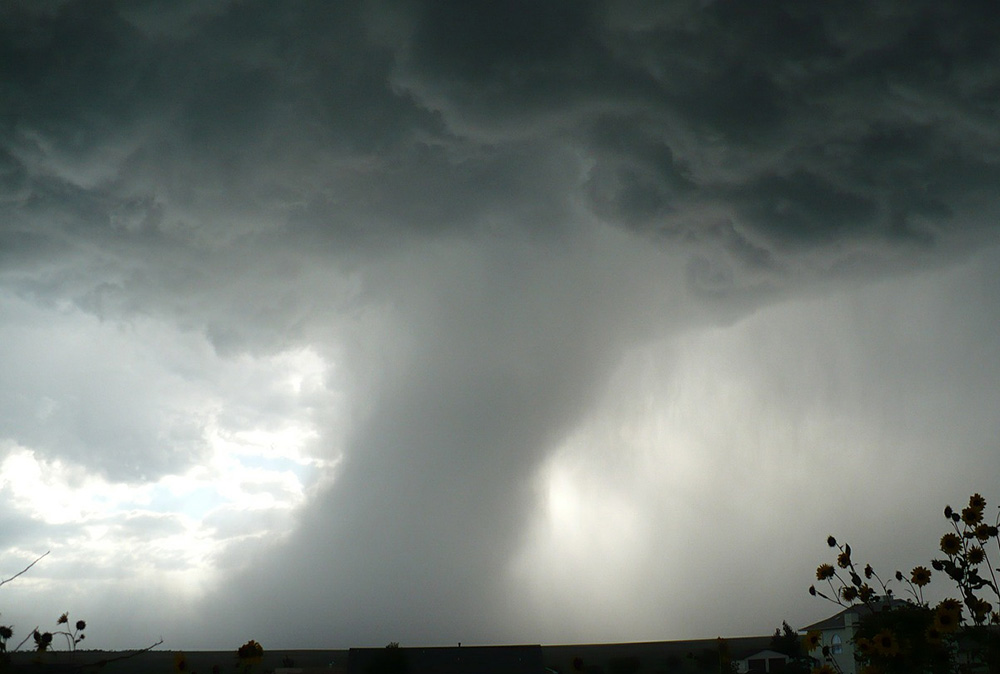Living off-grid does not mean complete isolation. Dedicated agriculturalists and citizens living self-sustainable lifestyles are affected by the same weather disasters and unexpected emergencies as major cities and towns in the same area. In fact, the various crises that damage major cities and cause mass evacuations more often than not damage the rural and countryside inhabitants first.
Because of this issue of exposure, those of us that reside off-grid must take emergency preparation just as serious as city dwellers. The precautions you take prior to emergencies can be the difference between an inconvenient setback and personal or professional ruin. In order to decrease the threat of these unexpected events, you need to have very specific and reliable plans of action in place for every facet of your property and loved ones.

Types of Emergencies
It’s important you prepare for as many different situations as possible but here are a few events and threats that are the most dangerous to your farm and off-grid life.
Natural Threats:
- Tornadoes
- Hurricanes
- Lightning storms
- Floods
- Droughts
Manufactured Threats:
- Wildfires
- Explosions
- Power failure
- Soil erosion
- Chemical pollution
- Physical injuries
- Violence
Off-Grid Emergency Requirements
In 2017 the state of California bore witness to how dangerous a wildfire can become and how greatly it can affect municipal lives — proving that the threats listed above are not exclusive to off-grid locations and settlements. But a farmer’s response to a wildfire will be different than a cul-de-sac homeowner’s response.

Unlike most civilians responding to a disaster, agriculturalists must secure their livestock and crops before they evacuate themselves. Most people protect their domestic items and paraphernalia with home and property insurance, while farmers must ensure their home and other farm buildings, their lands and their machinery as well. The larger the off-grid territory, the more overhead and reinforcement needed.
Those natural threats will either require evacuation to an entirely different location or to some sort of reinforced shelter, capable of protecting you and your belongings until the event concludes. You should have the location picked out beforehand, the different routes you will take depending on the emergency, and the storage methods you will use to protect your property and belongings.
Farm Animal Protection & Preparations
Regardless of the specific weather event or threat, there are certain situations that you need to prepare for as a consequence of the disaster, including:
- Collapsed barns.
- Freezing weather.
- Water contamination.
- Flooding
- Dehydration
- Electrocution
You will need to ensure your barn from possible fire damage to chemical spillage and protect your farm pets, livestock and poultry from harm. This includes feeding them during the emergency and providing medical care. Surveying your property not only helps prepare you for planting and construction on your land, it will also help you determine whether or not you have safe pasture.

The idea of safe pasture means you have a property that provides a safe location for your animals to remain during an emergency. Depending on the surrounding elements your livestock might be safer outside during an emergency, rather than sealed away in an isolated location. Elements of a safe pasture include:
- Woods consisting of native trees, as exotic species uproot easier during windstorms.
- An absence of electrical lines and poles.
- An area clear of loose or heavy debris.
- No barbed wire fencing as this can endanger livestock during tornadoes or hurricanes.
- Large open space, at least one acre or more.
- 72 hours, or three days’ worth of food, water and necessary supplies for your livestock. These supplies should be separate from the supplies stored for your family.
Without these safe pasture elements in place, evacuation will probably serve your animals and livestock best. But you should always consult with your veterinarian or local emergency authority.
Basic Emergency Plans & Preparations
There are universal emergency preparations that everyone should implement, such as having an emergency pack set aside and filled with essential supplies and tools. An evacuation plan for your family that includes a meeting spot for everyone to regroup if separated. Insurance for valuables and copies of birth certificates, deeds of ownership and other important documents just in case the originals are lost or destroyed.

Farm Operations During an Emergency
You can reinforce these basic preparations with special emergency training. Farm workers can prepare themselves to operate fluidly and competently during an emergency by training themselves individually and in teams. Depending on the necessary operations, workers should practice and run emergency drills periodically to remain prepared.
Some of the more universal procedures that your workers will need to know by heart during an emergency can include:
- Alarm system recognition
- Shutdown procedures
- Areas of first and second priority
- Emergency supply locations
- Emergency shelter locations
- Major threat areas to avoid
Ensure that you have a meeting after every drill, exercise, or real-time incident. These meetings and reviews help evaluate performance, effectiveness, and possible ways to improve for the future.
The Value of Preparation & Planning
The effect of disasters — both manmade and natural — can span every aspect of your life. When you live off-grid, these effects can either become unwelcome but unavoidable nuisances that are met, dealt with and moved on from; or crash and ruin everything you have worked to achieve. It all depends on how you prepare for the unexpected.
***
Emily is a sustainability writer who blogs at Conservation Folks.
This article first appeared on offgridworld.com Check it out here
The post How to Prepare for Emergencies While Living Off the Grid appeared first on Homesteading Alliance.
No comments:
Post a Comment